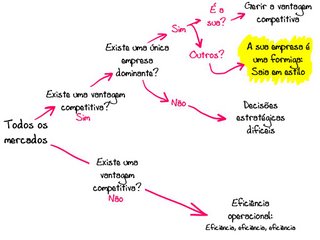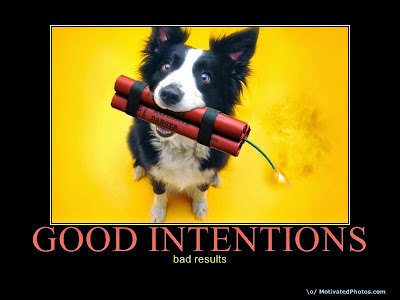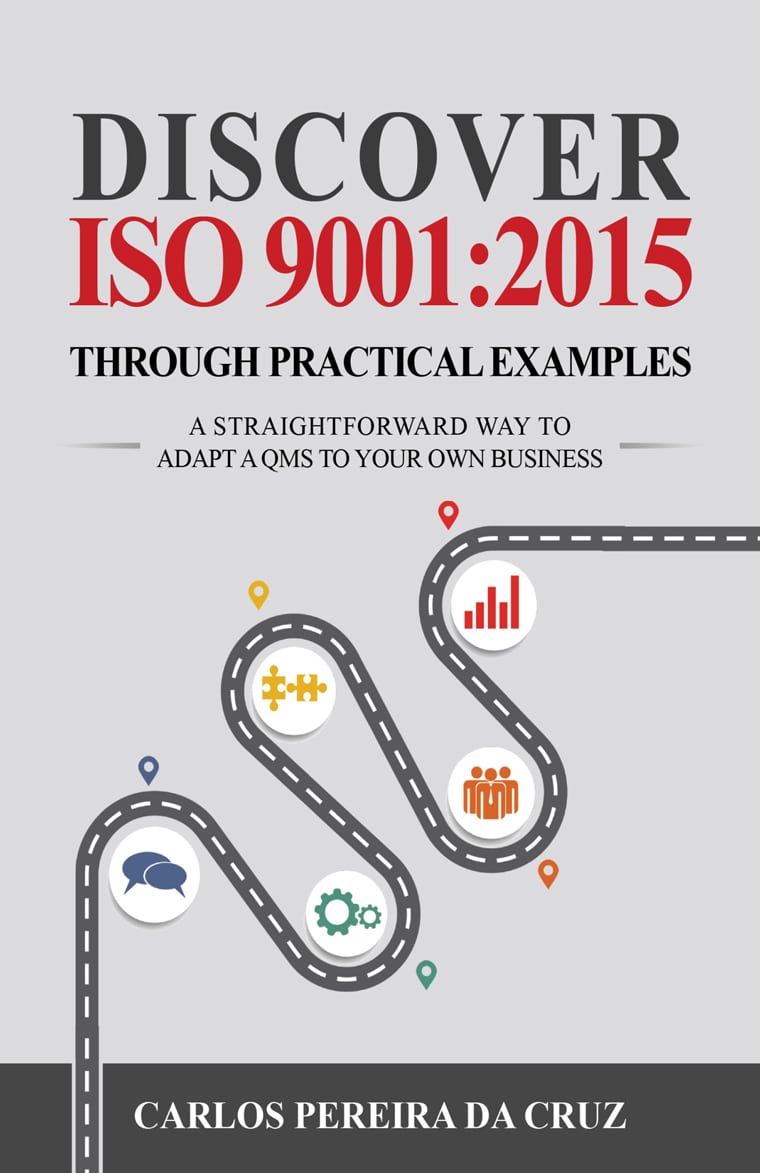ISO 9001:2015 mentions "strategic direction" in clauses 4.1, 5.1.1b), 5.2.1 a) and 9.3.1.
How does the strategic direction of your organization influence or frame your quality management system?
ISO 9000:2015 defines strategy as "plan to achieve a long-term or overall objective". Also, ISO 9000:2015 defines policy as "intentions and direction of an organization as formally expressed by its top management".
Not very helpful.
If we think on an abstract ladder we will get:
How does the strategic direction of your organization influence or frame your quality management system?
What is an organization?
An organization can be viewed as a set of interrelated processes:
Where C's are customers at different stages of their relationship with an organization as set of interrelated processes (P).
If we choose an economic sector and compare performance among organizations we will see a lot of variability. There is more variability among organization within the same economic sector than between economic sectors:
So, same economic sector, same country, same rules, same people, ... what is different?
Something inside the organizations:
strategy.
Let us make a comparison with sports.
When I was a small boy I watched in TV the Olympics at Munich in 1972. I remember this champion, Vasily Alexeyev:
Look into his body, a system prepared to compete and win.
Then came the 80's and there was a champion in athletics, Carl Lewis:
Look into his body, a system prepared to compete and win. A system very different from Vasily's.
Each sport requires a different set of skills, requires a different kind of body. Even in the same sport, like running, 100 m champions are different from 10 000 m champions.
What happens when an athlete wants to be good at everything?
Let us go again to the Olympics and to Montreal 1976.
Bruce Jenner won the gold medal in the decathlon, setting a world record. Bruce was a generalist among generalists and that year he was the best. For example:
- He run the 100 m in 10.94 seconds
- He pushed the shot in shot put at 15.35 m
- He threw the javelin at 68.52 m
When you're a generalist competing with other generalist the competition works at a certain level.
In the same Olympics there were specialists running 100 m, pushing the shot or throwing the javelin and the gold medalists had this performance
- Hasely Crawford run the 100 m in 10.06 seconds
- Udo Bayer pushed the shot in shot put at 21.05 m
- Miklós Némete threw the javelin at 94.58 m
Bruce Jenner, a champion among generalists wouldn't had a chance against the specialists (Valery Borzov was bronze medal at 100 m with 10.14 seconds)
I believe that in every economic sector we are seeing more and more specialists, salami slicers. Organizations that don't pretend to win, to serve all kinds of customers. They pick one niche, one tribe and they become specialists in serving them, generalists have no chance.
Picking a strategic direction is deciding to be a specialist, is deciding whom and where to serve. It makes no sense speaking about process benchmarking in general. Will an organization compare its processes with another organization that serves different customers from a different segment and with different priorities and expectations?
According to your organization's strategic direction the quality management system can be like Vasily Alexeyev or Carl Lewis or ...
Part II will be about different kinds of customers.
Part III will be about interested parties and ecosystems.










:max_bytes(150000):strip_icc()/bruce-jenner-olympics-56a088285f9b58eba4b15106.jpg)
















%2006.21.jpeg)












